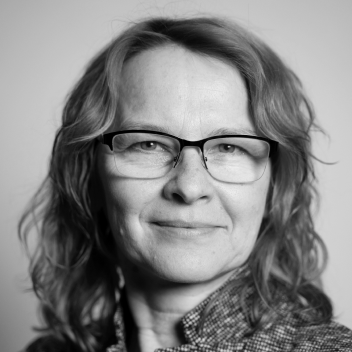Adrienne Csizmady
Co-supervisor ESR10 and ESR11 - Host coordinator

Adrienne is the director of the Institute for Sociology, Centre for Social Sciences, Hungarian Academy of Sciences (HAS) and associate professor of sociology at the Department of Sociology, Faculty of Humanities and Social Sciences, Szeged University. She graduated in sociology (1995), received her PhD in sociology (2001), and made her habilitation at Eötvös Loránd University (ELTE) Budapest (2008). She has been teaching urban sociology and empirical studies at undergraduate and postgraduate levels since 1997. She currently supervises several PhD students examining urban related topics such as gentrification or crime at several Doctoral Schools of ELTE. The main fields of her research interests are urban social problems including urban planning, urban reconstruction, gentrification, suburbanisation, housing e.g. the integration strategies of people moving from town to country.
She has led and contributed to several national and international comparative researches like OIKONET (A global multidisciplinary network on housing research and learning. EU FP7 LLP); The situation of families with indebtedness on housing loans (financed by Hungarian Scientific Research Fund) or Environmental education and urbanization (Sustainable production, consumption, communication, Norwegian Financial Mechanism) and a new project on change of socio-spatial structure of towns by urban planning interventions based on the EU resources (financed by Hungarian Scientific Research Fund) and RURALIZATION H2020 project.
She has led and contributed to several national and international comparative researches like OIKONET (A global multidisciplinary network on housing research and learning. EU FP7 LLP); The situation of families with indebtedness on housing loans (financed by Hungarian Scientific Research Fund) or Environmental education and urbanization (Sustainable production, consumption, communication, Norwegian Financial Mechanism) and a new project on change of socio-spatial structure of towns by urban planning interventions based on the EU resources (financed by Hungarian Scientific Research Fund) and RURALIZATION H2020 project.
